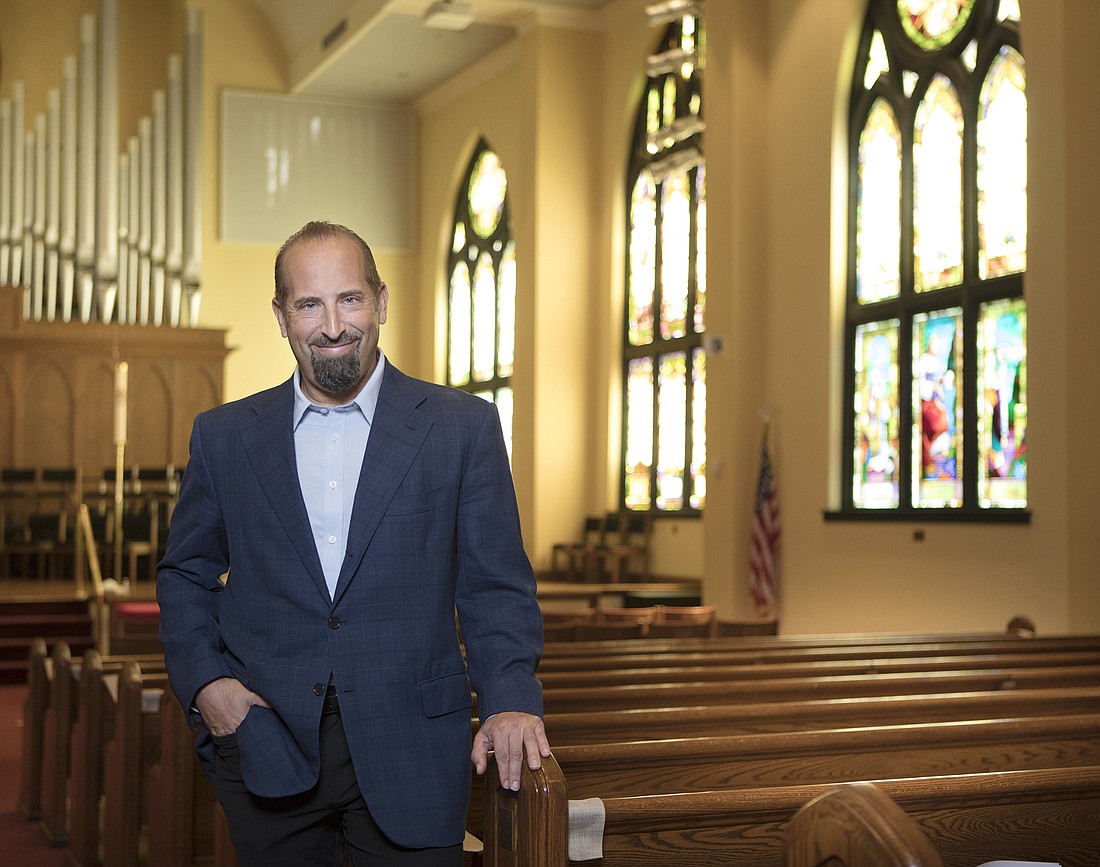- December 15, 2025
-
-
Loading

Loading

In writing about Thad Bereday’s unusual life arc — and how it led to his current path of redemption — one of the toughest things is to pick the point where he truly hit bottom.
There’s the obvious one, the public spectacle one morning in October 2007 when dozens of FBI agents — some armed — raided the Tampa headquarters of health insurance giant WellCare, where Bereday was general counsel. (“We were ambushed,” Bereday says, “designed to create fear.”) Bereday was one of five WellCare executives eventually charged in what authorities said was a $35 million health insurance fraud case, setting the attorney off on a decade-long legal odyssey.